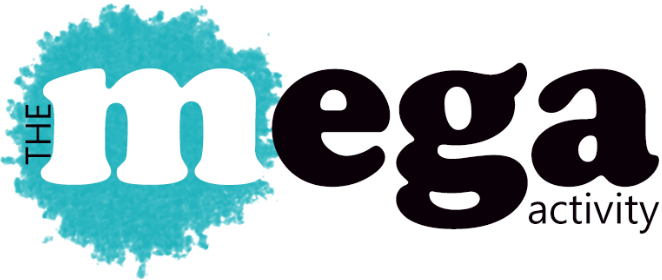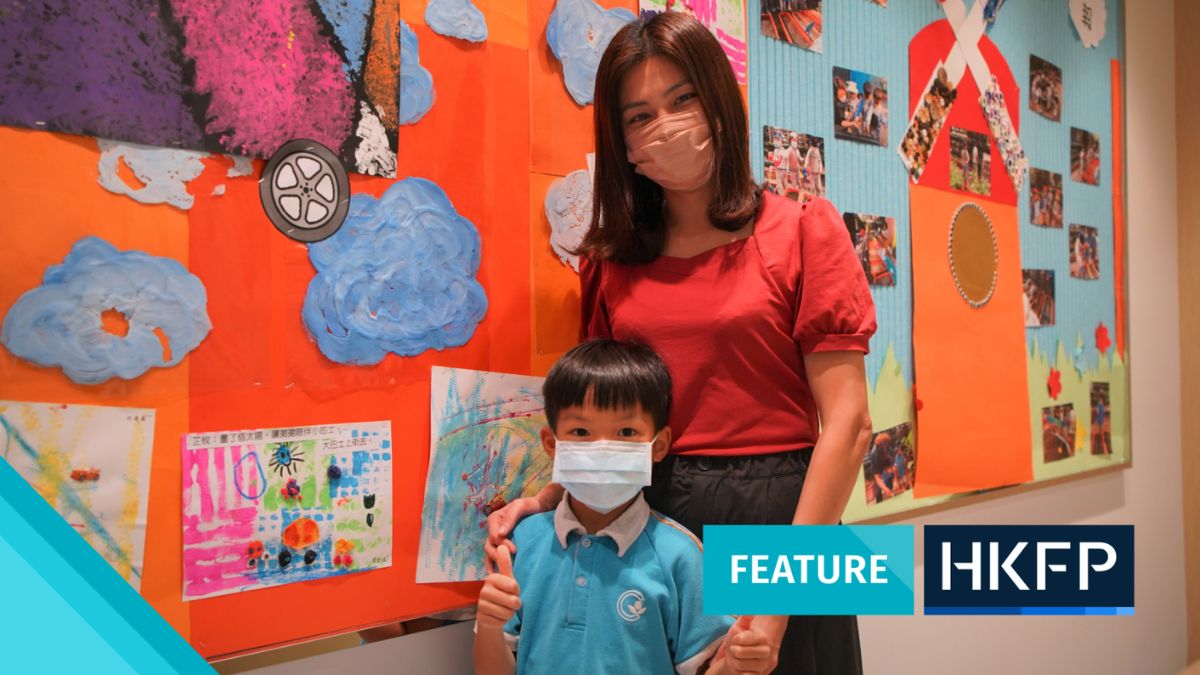Introduction
There is an increasing need to break down barriers and encourage deeper awareness of autism in the bustling metropolis of Hong Kong, where diversity abounds. This neurodevelopmental condition affects people of all races, nationalities, and socioeconomic backgrounds. However, in a city known for its fast-paced culture, the subtleties of autism are sometimes overlooked. This article discusses the significance of advocating for autism awareness in Hong Kong, shedding light on the difficulties faced by people with autism and their families.
Autism Spectrum Disorder: An Overview
Autism Spectrum Disorder (ASD) is a complicated condition marked by difficulties with social interaction, communication, and repetitive activities. It is critical to understand that autism is a spectrum condition, which means that people with this disorder have a wide variety of abilities and limitations. Some people may succeed in certain areas, such as mathematics or music, while struggling in others.
Individuals with Autism Face Difficulties in Hong Kong
Despite its modernity, Hong Kong provides particular obstacles for autistic people. For those with sensory sensitivities, the city’s densely populated districts, packed public transportation, and bustling streets might be overpowering. Furthermore, cultural stigmas and a lack of understanding contribute to the problems that people with autism have in gaining access to school, employment, and social opportunities.
Advocacy Initiatives that are Breaking the Silence
Advocacy is critical in breaking down obstacles for people with autism hong kong. Several groups and dedicated individuals are working relentlessly to raise knowledge, understanding, and inclusivity. Schools, businesses, and the larger community are encouraged to embrace neurodiversity and to develop environments that meet the special requirements of people with autism.
Initiatives for Education
There is a growing demand in education for inclusive approaches that cater to varied learning styles. Advocacy groups are lobbying for teacher and school staff training programs to provide them with the tools they need to properly serve students with autism. Furthermore, encouraging acceptance and understanding among peers provides a healthy learning environment for all children.
Opportunities for Employment
For many adults with autism, finding work is a huge barrier. Initiatives are emerging in Hong Kong to bridge the gap between employers and individuals with autism. Companies are recognizing the untapped potential of neurodiverse employees and aggressively pursuing inclusive workplaces. The purpose of employment training programs and awareness efforts is to break down preconceptions and promote equitable chances for everybody.
Participation in the Community
In Hong Kong, community involvement is a cornerstone of autism advocacy. To raise awareness and refute stereotypes about autism, public events, workshops, and seminars are arranged. Advocates hope that by involving the community in open conversations, they may build empathy and understanding, fostering a more inclusive culture that values the different abilities of each people.
Parental Assistance and Resources
Parents of autistic children may encounter specific problems, such as navigating the healthcare system and locating appropriate educational opportunities. Advocacy initiatives include the establishment of support networks and the provision of materials to assist parents in their journey. By cultivating a feeling of community, parents may share their experiences, learn from one another, and work together to push for better services and support.
The Media’s Role in Autism Advocacy
The media has a significant impact on public views and attitudes. Advocacy organizations are actively working with media sources to guarantee accurate and sympathetic portrayals of people with autism. Media may be a valuable ally in the fight for autism understanding and acceptance by presenting success stories, refuting stereotypes, and emphasizing the achievements of neurodiverse persons.
Conclusion
Breaking down barriers and raising autism awareness in Hong Kong is a continuing and vital work. The city can ensure that individuals with autism live full lives and contribute their unique abilities to society by cultivating a culture of tolerance, understanding, and support. Hong Kong may become a shining example of a neurodiverse and inclusive community through educational programs, employment possibilities, community participation, and media partnership. We can only create a future where everyone, regardless of neurodiversity, is accepted and appreciated if we work together.




